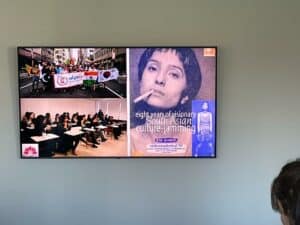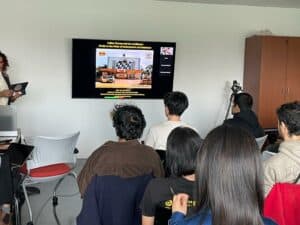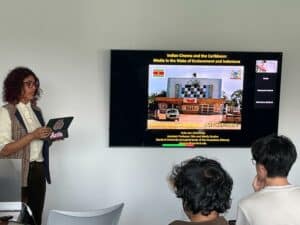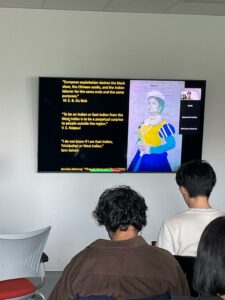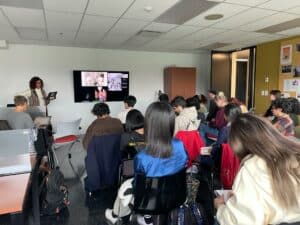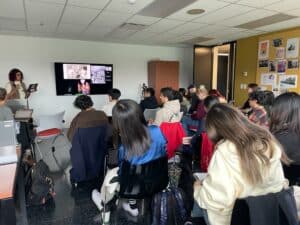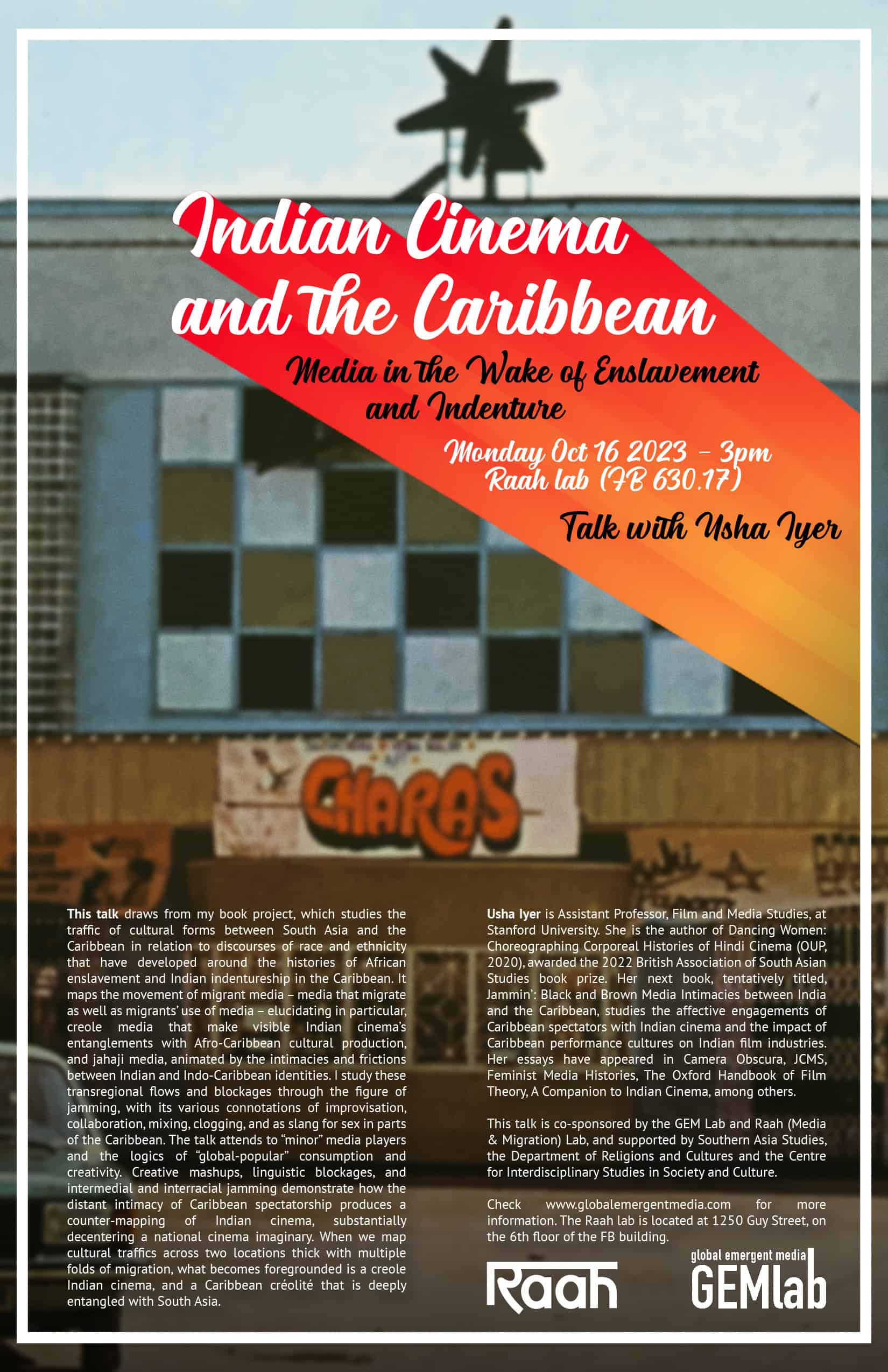
Monday Oct. 16th, 3-5 PM
Raah Lab (FB 630.17)
This talk was co-sponsored by the GEM Lab, Raah (Media and Migration) Lab, Southern Asia Studies, Department of Religions and Cultures, and the Centre for Interdisciplinary Studies in Society and Culture.
This talk drew from Iyer's book project, which studies the traffic of cultural forms between South Asia and the Caribbean in relation to discourses of race and ethnicity that have developed around the histories of African enslavement and Indian indentureship in the Caribbean. It maps the movement of migrant media – media that migrate as well as migrants’ use of media – elucidating in particular creole media that make visible Indian cinema’s entanglements with Afro-Caribbean cultural production, and jahaji media, animated by the intimacies and frictions between Indian and Indo-Caribbean identities. Iyer studies these transregional flows and blockages through the figure of jamming, with its various connotations of improvisation, collaboration, mixing, clogging, and as slang for sex in parts of the Caribbean. The talk attended to “minor” media players and the logics of “global-popular” consumption and creativity. Creative mashups, linguistic blockages, and intermedial and interracial jamming demonstrate how the distant intimacy of Caribbean spectatorship produces a counter-mapping of Indian cinema, substantially decentering a national cinema imaginary. When we map cultural traffics across two locations thick with multiple folds of migration, what becomes foregrounded is a creole Indian cinema, and a Caribbean créolité that is deeply entangled with South Asia.
Usha Iyer is Assistant Professor of Film and Media Studies at Stanford University. She is the author of Dancing Women: Choreographing Corporeal Histories of Hindi Cinema (OUP, 2020), awarded the 2022 British Association of South Asian Studies book prize. Her next book, tentatively titled Jammin’: Black and Brown Media Intimacies between India and the Caribbean, studies the affective engagements of Caribbean spectators with Indian cinema and the impact of Caribbean performance cultures on Indian film industries. Her essays have appeared in Camera Obscura, JCMS, Feminist Media Histories, The Oxford Handbook of Film Theory, A Companion to Indian Cinema, among others.
